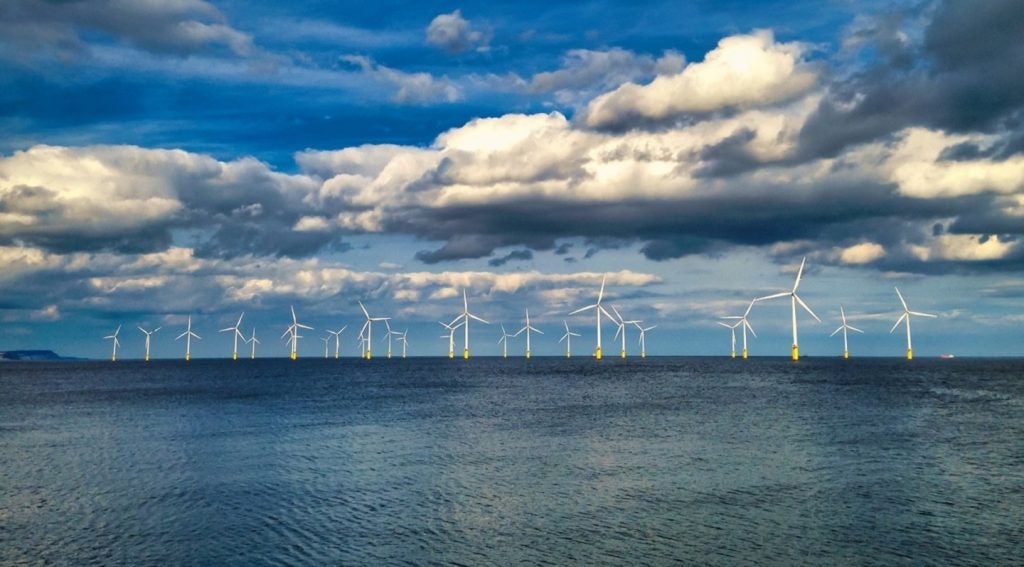The UK Department for Energy Security & Net Zero (DESNZ) and the Defence Security Accelerator (DASA) have awarded a £3.2m ($4.05m) in funding to minimise the impact of offshore windfarms on the nation’s air defence radar.
Alongside this the government has introduced a new £500,000 competition that will help companies find solutions to model and test the effectiveness of these technologies – the projects will make use of advanced materials and sensor technology.
This will help ensure the UK remains on course to reach its ambition of 50GW in offshore wind by 2030, while supporting and co-existing with Britain's air defence capabilities.
The former energy security minister Grant Shapps, who recently took up the role of Defence Secretary today, stated: “Putin’s illegal invasion of Ukraine has shown us how important it is to power more of Britain from Britain. Our offshore wind capability plays a huge role in delivering our energy security, with the world’s four largest offshore windfarms in UK waters.
“But with the war raging on, we need to make sure our energy security and our national security remain fully compatible. This funding will ensure our offshore wind works alongside our latest air defence technologies – boosting our defence through our military, and by delivering home-grown energy for our homes and businesses.”
Exploiting sensors and advanced materials
LiveLink Aerospace, a Hampshire-based aerospace company, won up to £1.3m in funding.
Their project will address the challenge of radar clutter caused by the rotating blades of wind turbines, which can degrade the performance of air defence radars and surveillance systems. The firm’s work comprises of developing a series of small low-cost and robust passive air defence sensors, which do not emit any signals themselves, and therefore do not interfere with the radar returns from wind turbines.
Trelleborg, an engineering firm based in Nottinghamshire, also won up to £1.8m in grant funding.
The company will deliver a project on the use of advanced materials in wind turbines to tackle radar interference. Trelleborg will use its existing expertise in manufacturing and engineering of stealth materials to deliver next-generation wind blades which will cause less interference with radars.
GlobalData intelligence tells us that advanced materials is a growing sector in aerospace and defence due to the growing development of hypersonics, which require heat-resistant materials for travelling at five times the speed of sound.
Advanced materials provide numerous benefits including reduced weight, increased mechanical resilience, increased conductivity, biological monitoring, lower cost, improved design flexibility, multi-functional capabilities, and energy harvesting and storage capabilities, all of which can radically improve the performance of various military and commercial technologies.









